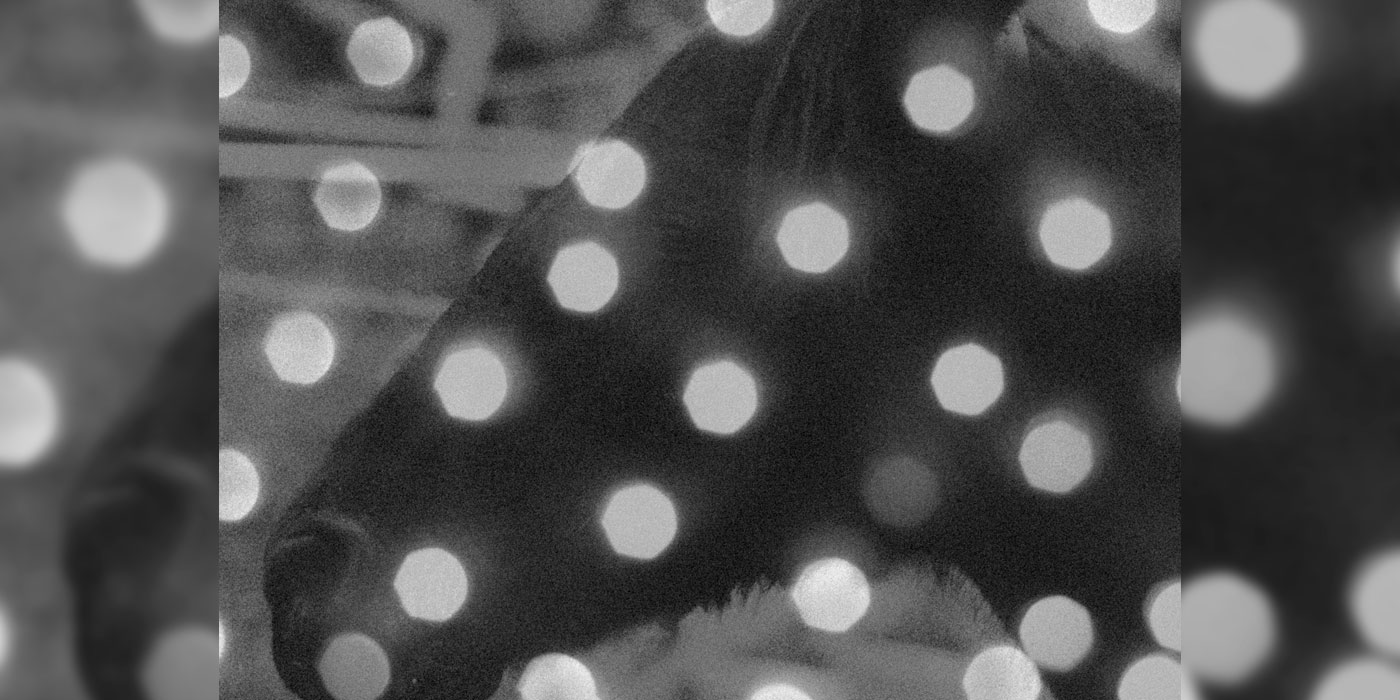It’s high noon and a group of settlers is stranded in the Midwest. The water has run dry, the food is scarce, and by god if that sun isn’t scorching. A harsh cello groans dissonantly in the distance. Kenny Monroe picks up his acoustic guitar and begins to mourn as any man dying of thirst would, echoing for miles over the desolate range. The traveling troupe — known as Pioneer — pushes on regardless. And right when it appears the wagon can go no further, the drums pitter and patter onto the right path: they ride smack dab into a settlement surrounded by a lush prairie picked straight from Neil Young’s Harvest. The town’s sign simply reads, “Welcome to Black Pasture.”
These are the images evoked by “Summertime Pt. 1” and “Summertime Pt. 2,” the bleak, two-part introduction to Pioneer and their debut full-length, Black Pasture. The group (comprised of Monroe, Jacqueline Kursel, Tyler Ditter, and Shawn Pierce) hails from Madison and embodies the soul and sound of the Midwest. They keep their instrumentation simple, employing solely acoustic and bass guitars, cellos, percussion, and the occasional splash of keys. And by avoiding the use of any synthesizers or other electronic gizmos, their music offers any city-dwelling listener an escape to a different time and place.
This simple approach pays off most beautifully on “So Far Away,” a folk-tune with moving melodies and lovebird harmonies that bring to mind Breathe Owl Breathe’s best stuff. And while their approach may be simple, Pioneer’s music can be anything but: “Baby” pushes the band into the epic-baroque-realm of old Ra Ra Riot. The number swoops, swells, builds, and delves, acting as an advanced exercise of the quiet/loud dynamic. “Matter of Time” mingles with shifting of the seasons and time signatures, and it’s honestly just a goddamn pleasant listen. “The End” is a fatal acceptance of the past containing only the phrase, “I know why everything happens”; the words are elementary, but they cut deeply as the surrounding instrumentation builds up and dies off.
Black Pasture seems mostly concerned with drinking and time, and when the lyrics delve into specifics — especially at the mention of snowplow trucks and school — it kind of jars you back into the present. Monroe’s voice can also be a little jarring at first, but it pairs utterly well with Kursel’s and sounds best when he’s at his worst. It’s especially effective on “Memorial Day,” a downtrodden self-reflection about more than dabbling in bad drinking habits. “Afterbar” takes a lighter stance on similar subject matter, and it’s the kind of guiltless alcohol free-for-all that dominated Tim Kasher’s project The Good Life.
The album ends with “The Rio Grande Valley Pts. 1 & 2,” a bare meditation featuring solely Monroe and his guitar. Call me a sucker for this kind of song, but it’s a gorgeous called-for close for an album full of humbling moments. In fact, throughout the entirety of Black Pasture, Pioneer sounds both honest and modest — two things that we who live in the Midwest like to politely pride ourselves on. These sentiments and the manner in which Pioneer represent the land they call home makes Black Pasture (even with its dark undertones) feel like a place listeners will look to escape to again and again.

